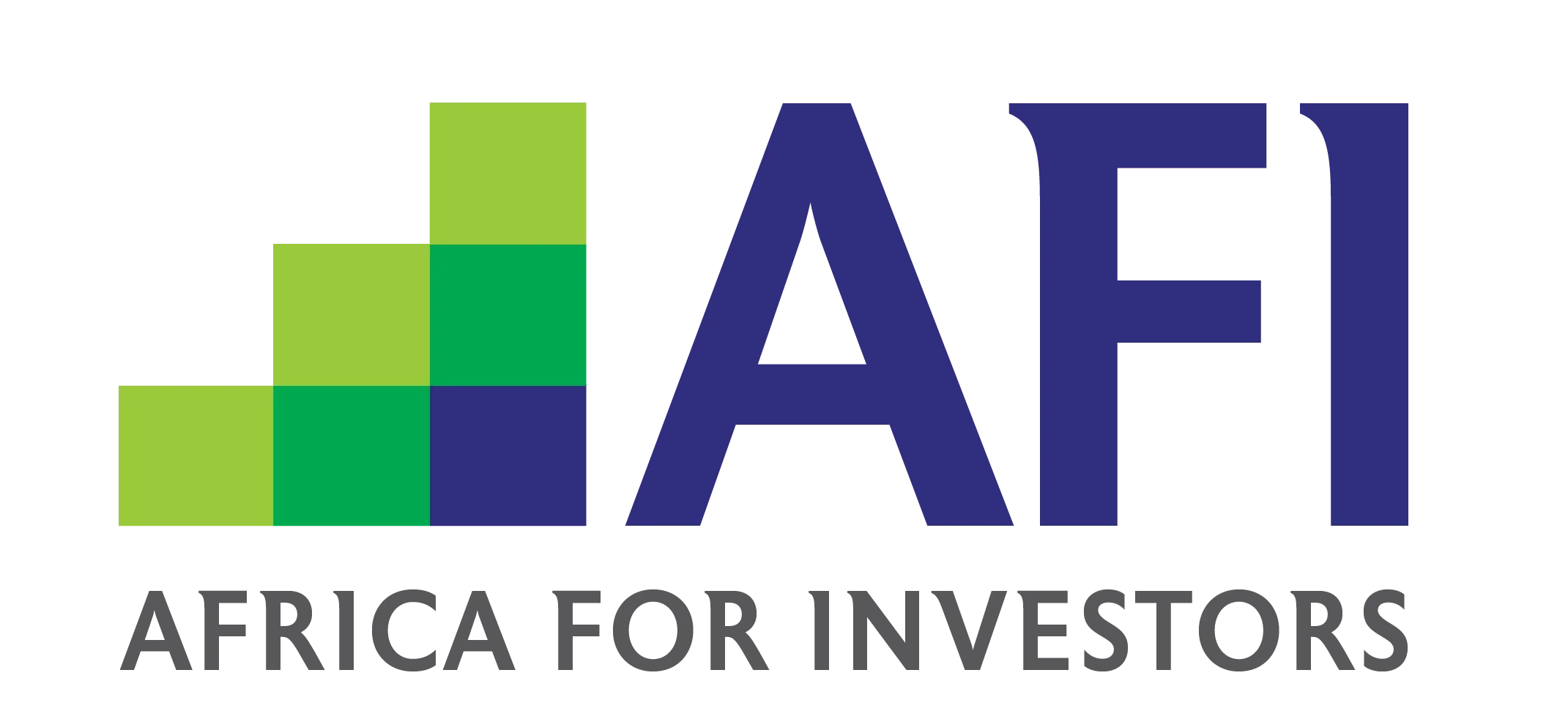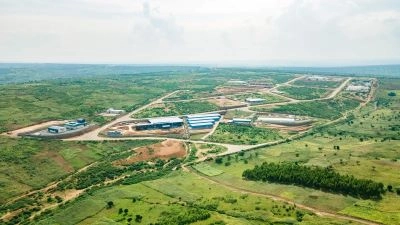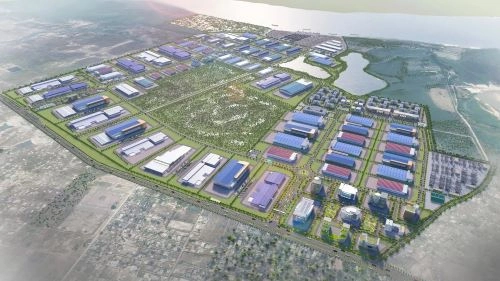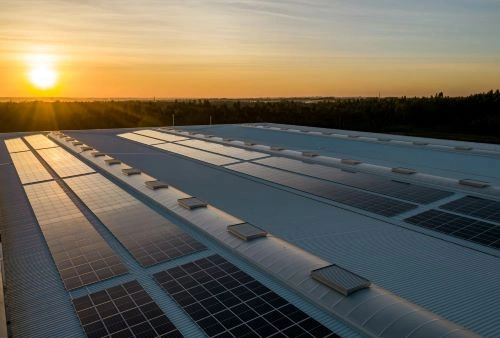Africa's bustling cities are generating a hidden fortune: a surge in waste. While it might seem like a burden, for visionary investors, it's a goldmine. Rapid urbanization, with half the population projected to be city dwellers by 2045 (source: UN), is a key driver. Densely packed urban areas produce significantly more waste, creating a pressing need for solutions. This creates a massive opportunity.
Why Africa for Waste Management Investments?
ARISE IIP's Industrial zones in African countries particularly like Nigeria (Industrial Platform Remo Free Zone), Rwanda (BSEZ - Bugesera Special Economic Zone) and Republic of Congo (Plateformes Industrielles du Congo Pointe-Noire (PICP)) are inviting investors in waste management sector. They are creating a supportive environment for foreign companies investing in recycling facilities and waste-to-energy solutions.
Here are some key waste recycling business opportunities in this sector:
1. Plastic Recycling
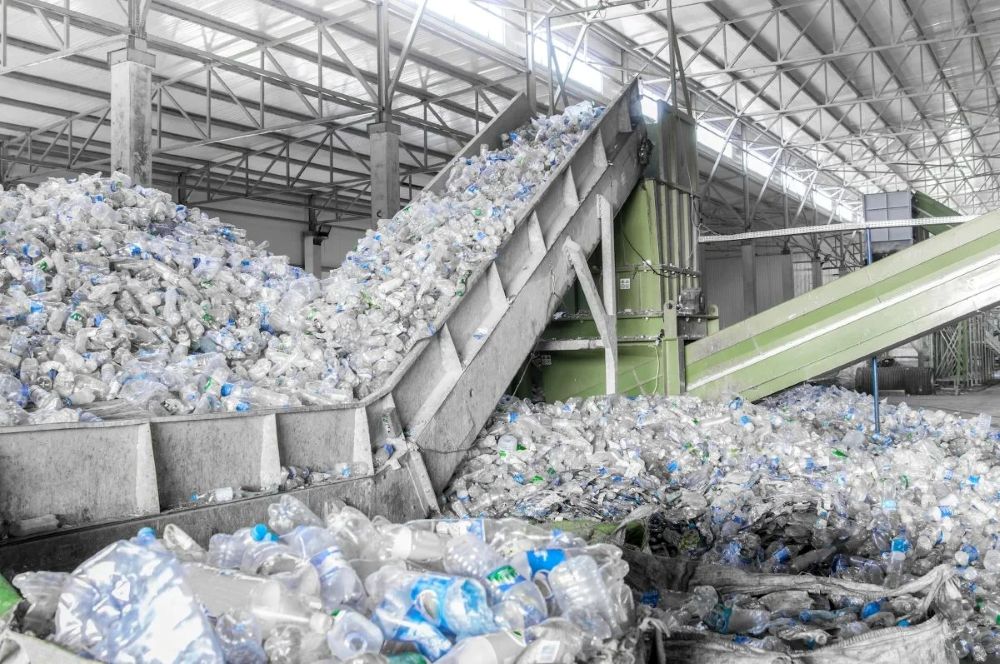
-
Opportunity: Africa generates a significant amount of plastic waste, with most of it ending up in landfills or oceans. There is a growing demand for recycled plastic for products such as packaging materials, construction materials, and textiles.
- Business Idea: Set up plastic collection and recycling facilities to convert waste into usable products like pellets, bags, or building materials (e.g. plastic bricks).
2. E-Waste Recycling
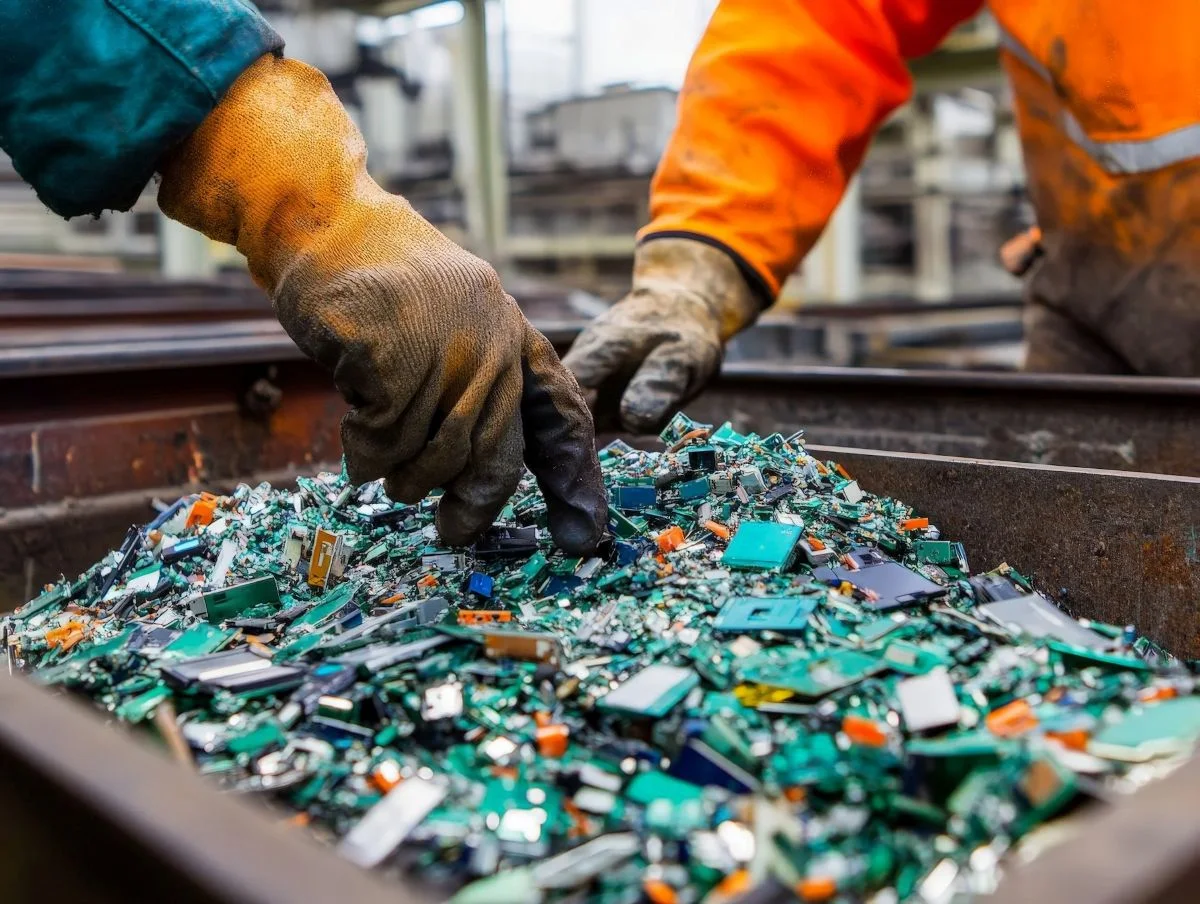
- Opportunity: The increase in electronic devices has led to a rise in e-waste. Recycling valuable materials like metals and plastics presents a profitable opportunity.
- Business Idea: Create e-waste recycling centers that recover batteries, precious metals (e.g., gold, silver, copper), and safely dispose of toxic substances.
3. Paper and Cardboard Recycling
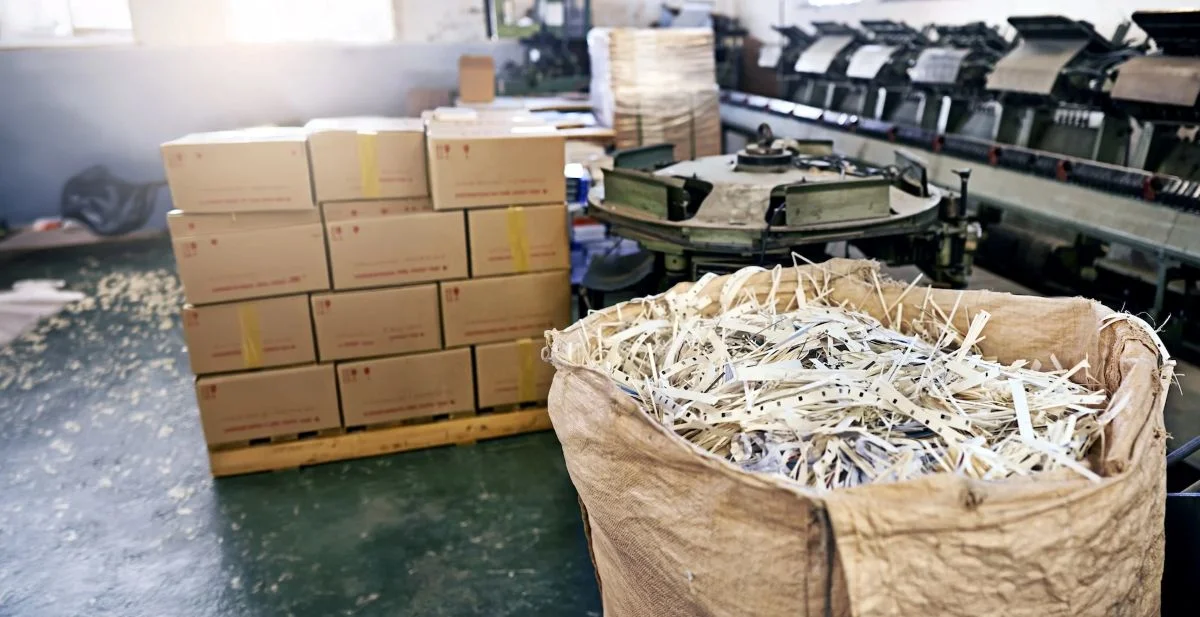
- Opportunity: Although Africa imports a substantial amount of recycled paper, there is also significant waste paper available. Recycling locally can reduce imports and support local industries.
- Business Idea: Set up paper and cardboard recycling plants to supply packaging industries and decrease import dependency.
4. Organic Waste Recycling (Composting and Biogas)
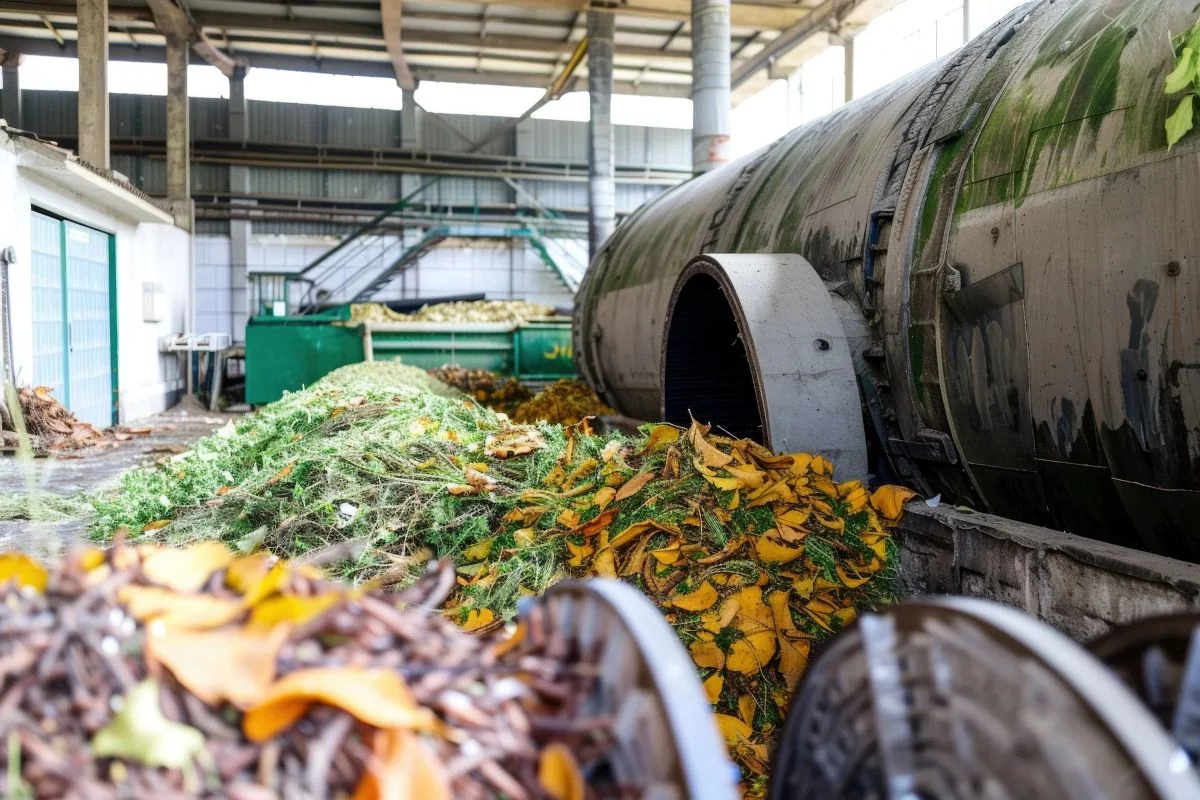
- Opportunity: Organic waste, including food and agricultural waste, is abundant, yet composting and biogas production remain underutilized.
- Business Idea: Develop facilities to convert organic waste into compost for agriculture or biogas for energy.
5. Glass Recycling
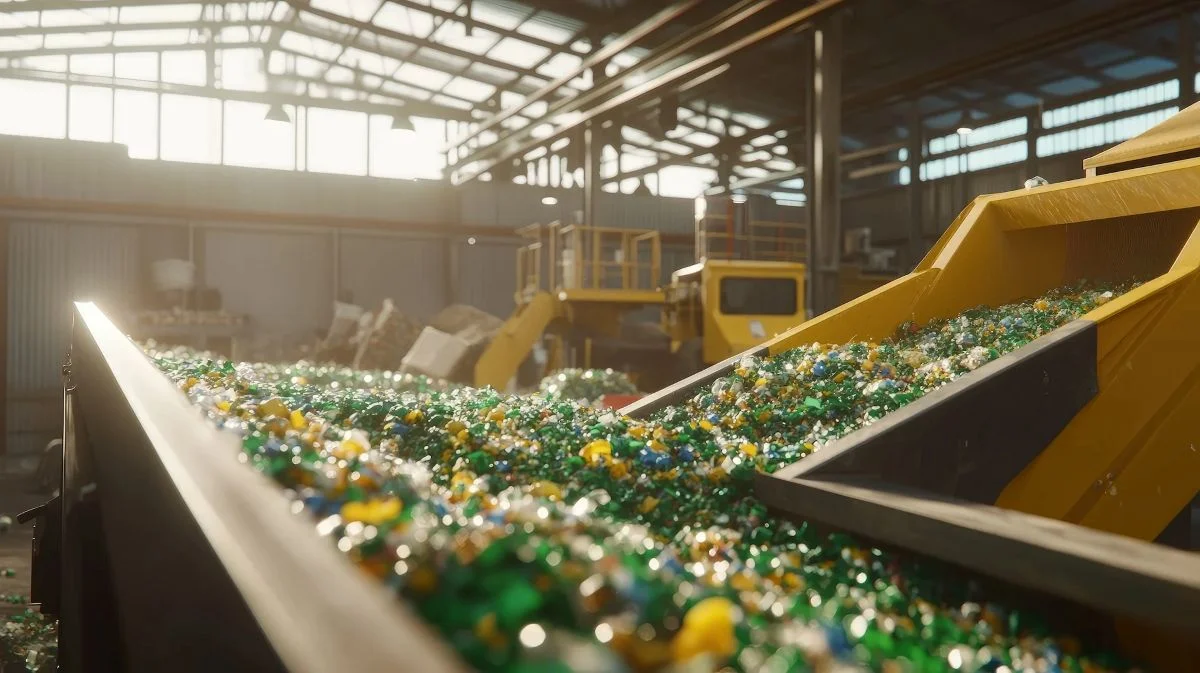
- Opportunity: Glass waste is widespread, but recycling rates are low. Recycling glass reduces the need for raw materials and energy-intensive production.
- Business Idea: Invest in glass recycling plants to supply industries like construction, packaging, and homeware.
6. Tyre and Rubber Recycling
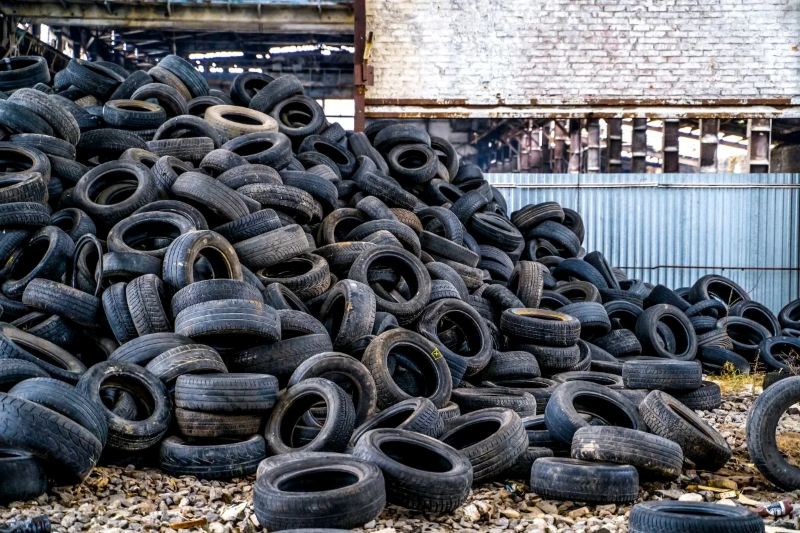
- Opportunity: Millions of used tires are discarded annually, creating environmental hazards. Recycling tires into products like crumb rubber and fuel is a strong business opportunity.
- Business Idea: Set up tire recycling plants to produce rubber flooring, paving materials, and industrial products.
7. Textile Recycling

- Opportunity: As fast fashion grows, so does textile waste. Recycling textiles for reuse or converting them into fibers for insulation and padding is an emerging business.
- Business Idea: Establish textile recycling operations to repurpose old clothes and fabrics into new products.
8. Metal Recycling
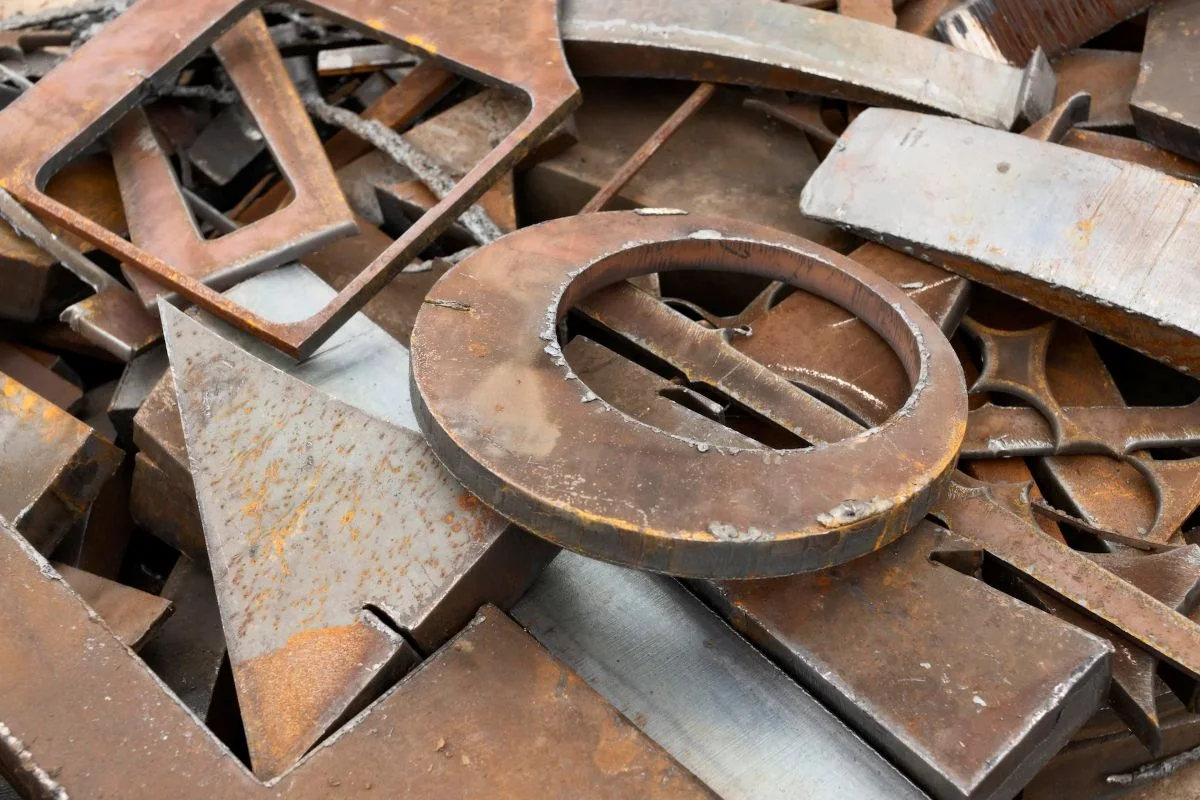
- Opportunity: Africa produces both ferrous and non-ferrous metals, with high demand for recycled metal in construction and electronics industries.
- Business Idea: Source scrap metal via vehicles, building demolitions, and industrial waste, processing it into metal ingots or sheets for industrial use.
9. Waste-to-Energy Initiatives
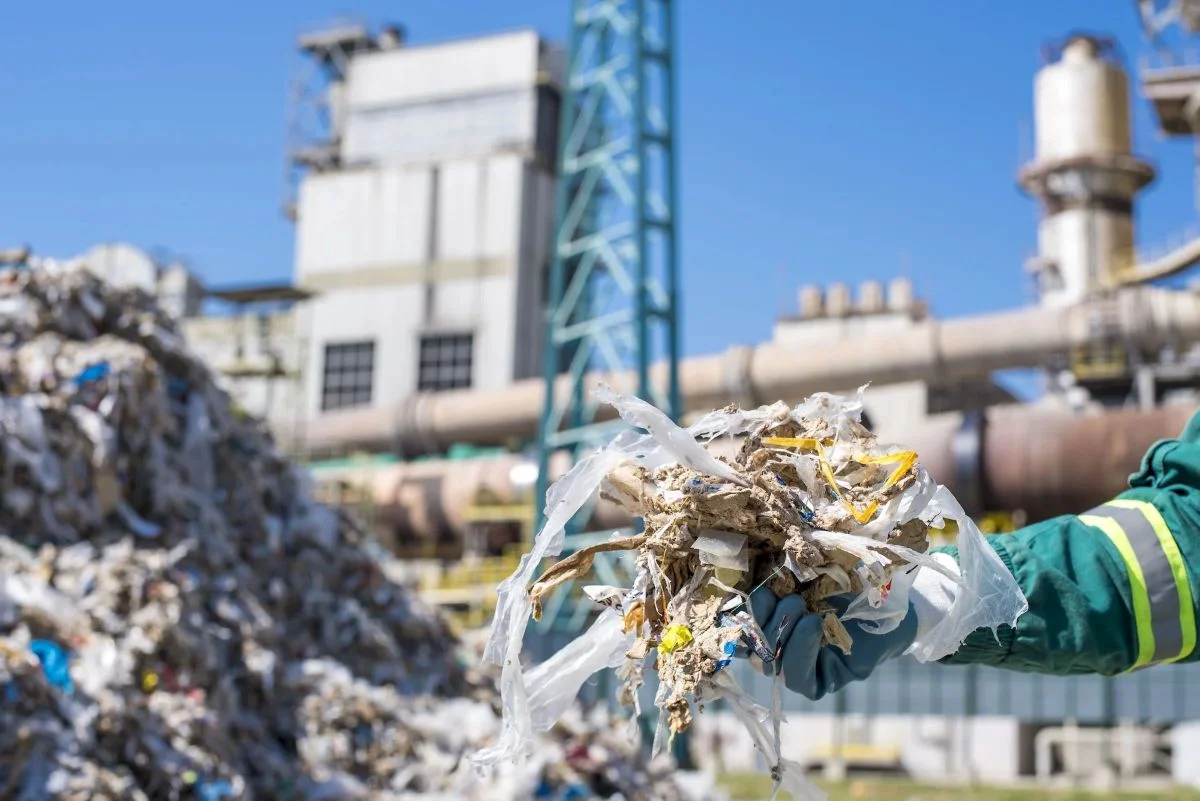
- Opportunity: Waste-to-energy projects offer dual benefits of waste reduction and power generation.
- Business Idea: Set up waste-to-energy plants that convert municipal waste into electricity or fuel using technologies like incineration or anaerobic digestion.
Key Challenges to Consider
- Infrastructure: Limited waste management infrastructure.
- Public Awareness: Recycling is relatively new, requiring awareness campaigns.
- Regulation and Policy: Inconsistent policies and limited enforcement around waste management can be barriers.
How ARISE IIP Supports Waste Management Companies
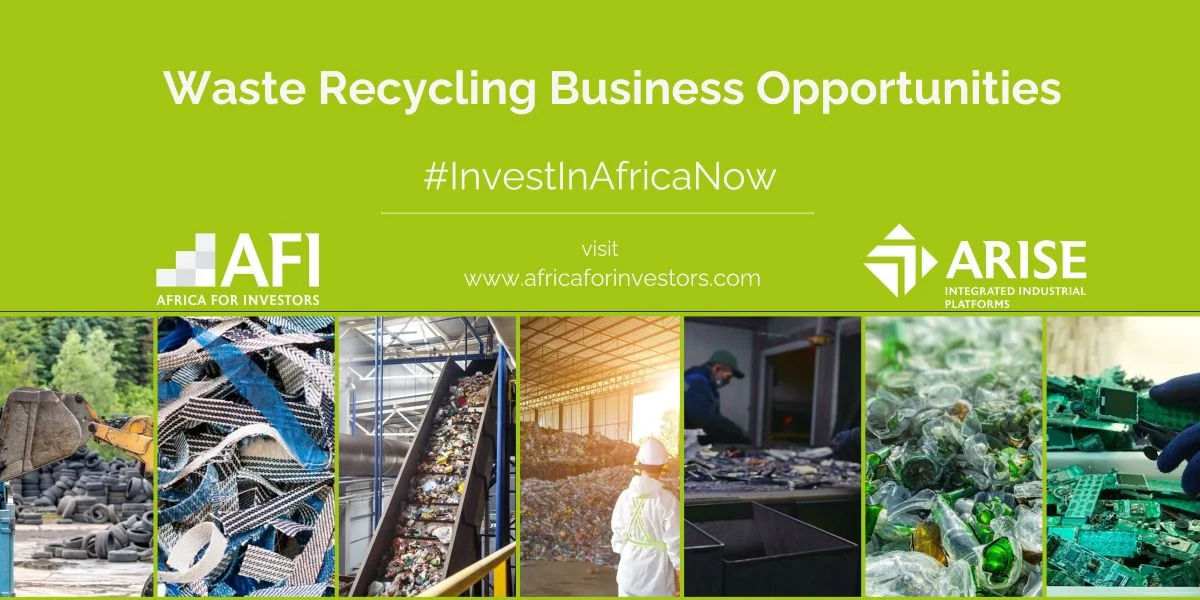
ARISE Integrated Industrial Platforms (ARISE IIP) helps waste management companies expand in Africa by leveraging infrastructure development, sustainability initiatives, and industrial expertise. Here’s how ARISE IIP industrial zones support waste management companies:
1. Infrastructure & Industrial Zones
- Recycling Hubs: ARISE IIP’s industrial zones are equipped with essential infrastructure like land, utilities, and transportation for recycling and waste-to-energy facilities.
- Shared Services: Access to water treatment plants, renewable energy supplies, and logistical support.
2. Investment & Financing Access
- Investor Connections: ARISE IIP connects waste management companies with international investors interested in sustainable projects.
- Funding Support: Facilitates access to affordable financing for equipment and technology.
3. Regulatory & Policy Support
- Green Policy Advocacy: ARISE IIP collaborates with governments to create favorable policies that support recycling and reduce landfill reliance.
- Environmental Certifications: Assists in obtaining certifications, helping companies qualify for sustainability-linked financing.
4. Technology Transfer & Innovation
- Partnerships: ARISE IIP facilitates partnerships with technology providers for innovative waste processing.
- Innovation Hubs: Research and development hubs encourage advancements in recycling technologies.
5. Market Access
- Export Opportunities: Enables access to international markets for recycled products.
- Trade Facilitation: Strategic locations near ports and transport corridors provide logistical advantages.
6. Sustainability & Circular Economy Promotion
- Sustainability Programs: Circular economy initiatives within ARISE IIP’s platforms focus on waste minimization and resource recovery.
- Green Energy Support: Solar energy projects lower operational costs for waste management companies.
7. Training & Capacity Building
- Skills Development: Partnerships with educational institutions build a skilled workforce.
- Knowledge Sharing: Facilitates best practice exchanges with international waste management companies.
8. Circular Economy Initiatives
- Industrial Symbiosis: Waste produced across other industries serves as raw material, creating a closed-loop system.
- Collaboration: Recycled materials support local industries, reducing the need for imports.
9. CSR & Public Awareness Campaigns
- Community Engagement: Public campaigns on recycling and environmental conservation.
- CSR Initiatives: Waste management companies benefit through ARISE IIP’s broader CSR programs focused on sustainability.
Unlock Opportunities in Africa’s Waste Management Sector
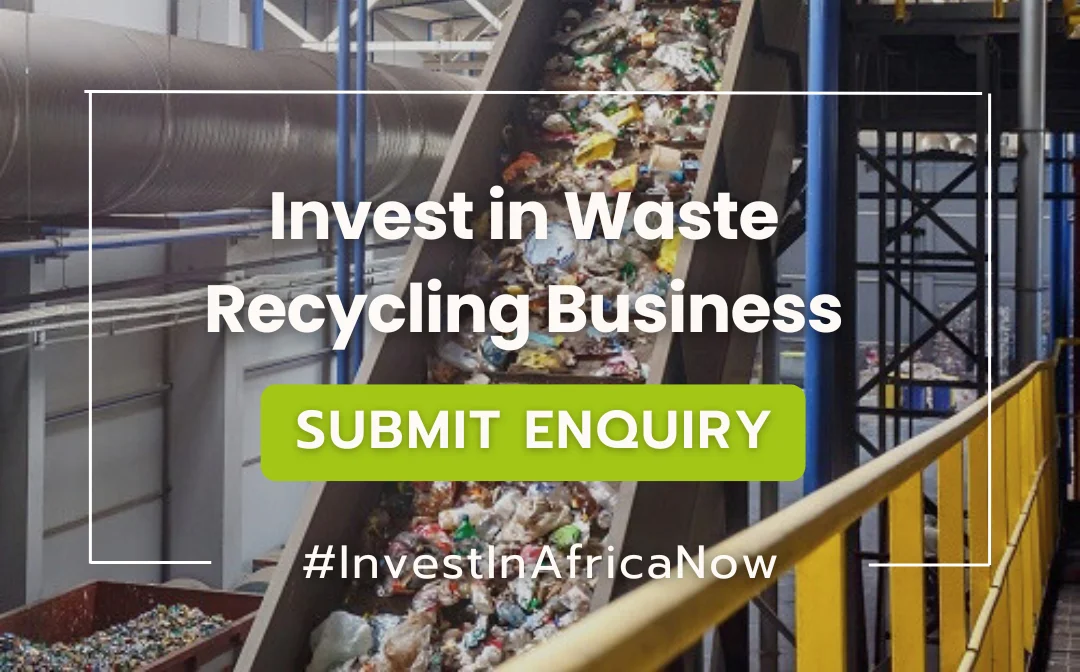
By integrating waste management companies into its industrial platforms, ARISE IIP can help foster a thriving, sustainable waste management ecosystem in Africa, while contributing to the continent’s green growth and environmental sustainability goals.
Waste recycling presents a lucrative business opportunity in Africa, driven by increasing waste generation and a growing awareness of environmental sustainability. Early movers can benefit with both profit and the chance to contribute to solving pressing environmental challenges.
Enquire Now to Invest in Waste Recycling Business!
#InvestInAfricaNow
